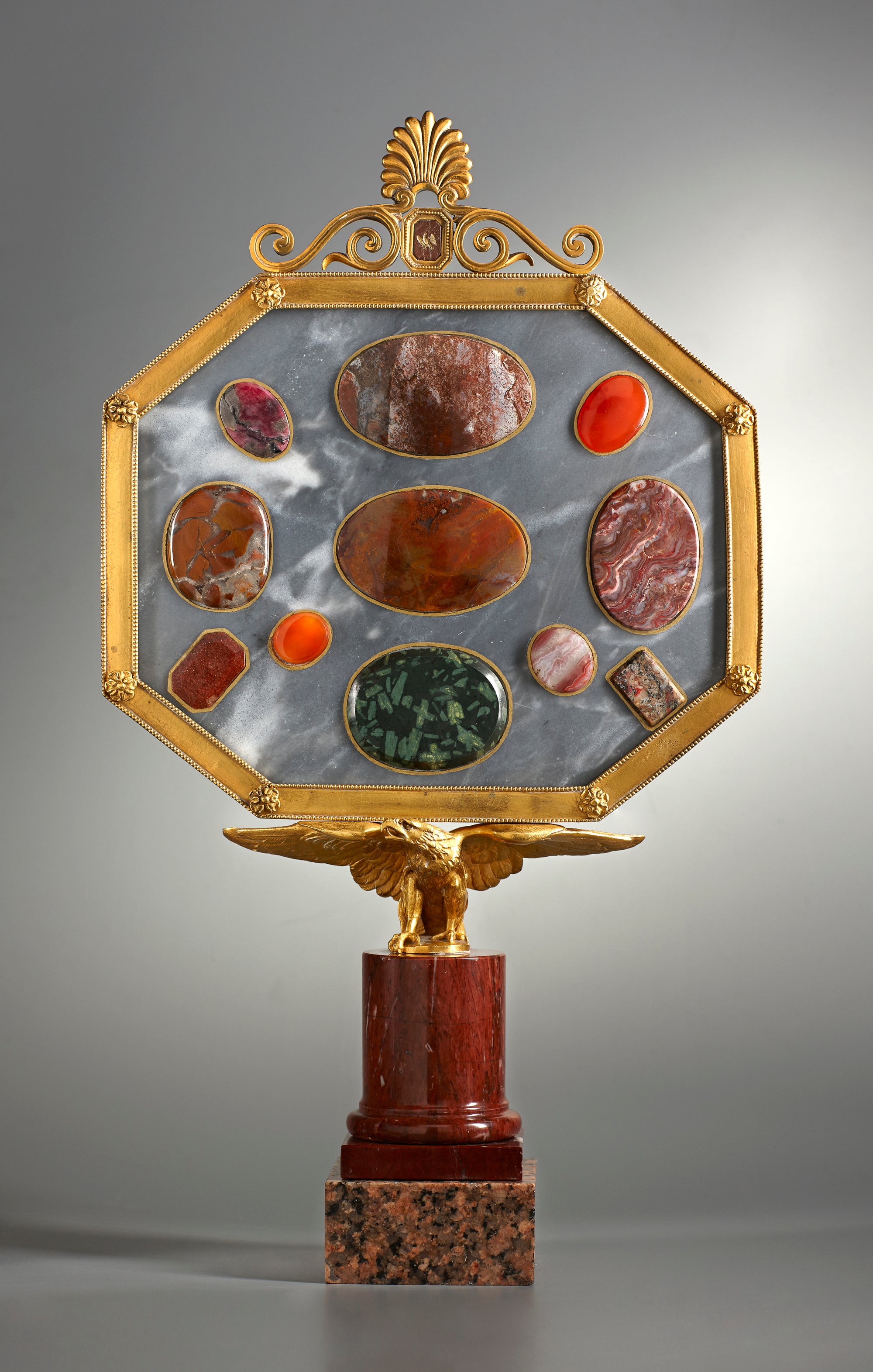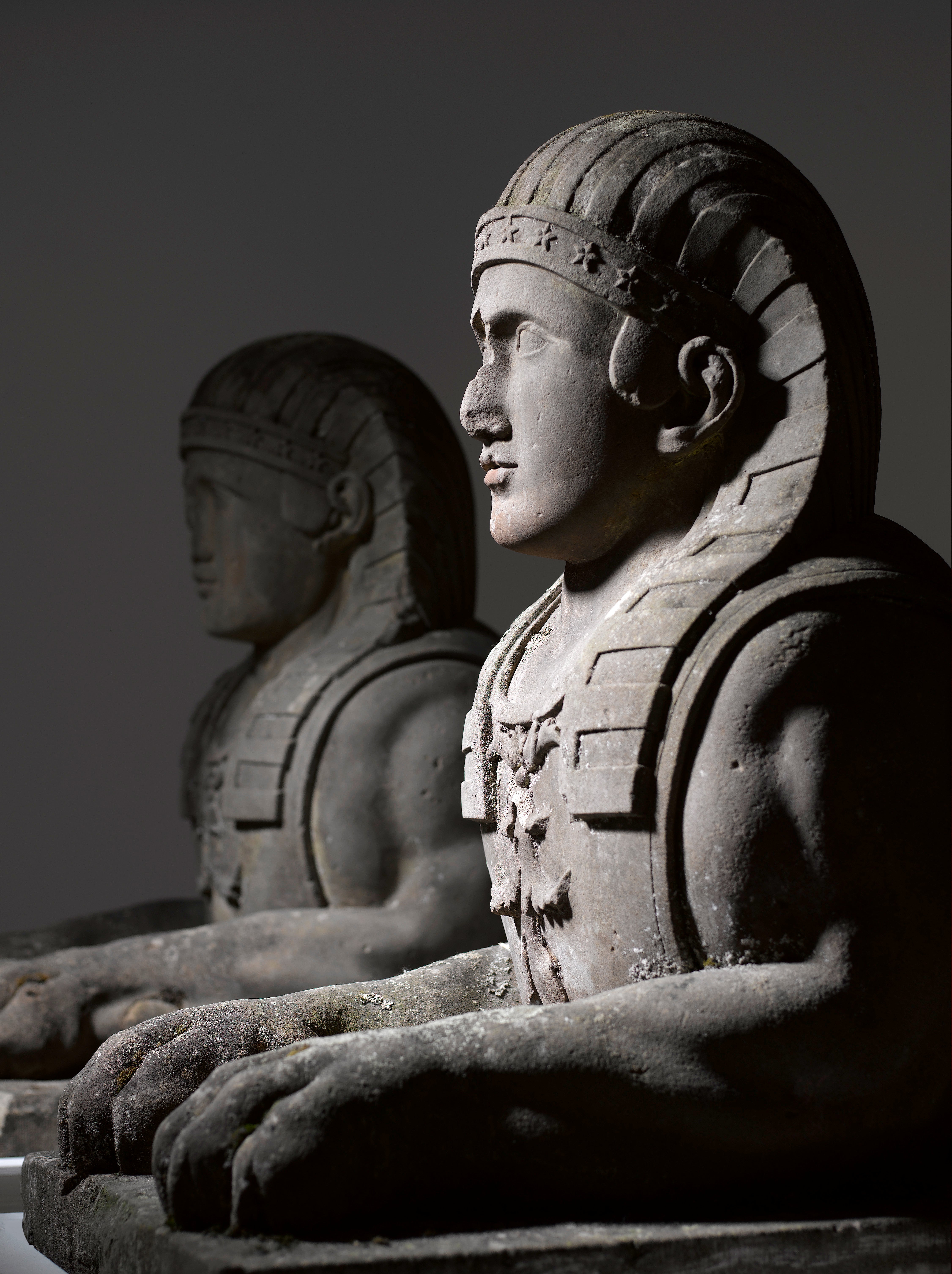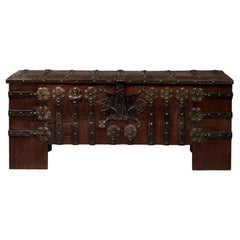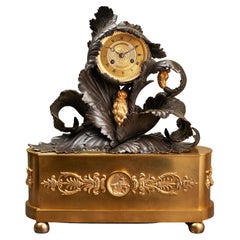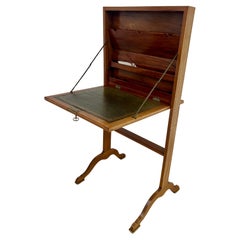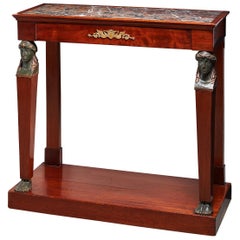About Viebahn Fine Arts
Viebahn Fine Arts - A Family Tradition for over 30 Years: now in its second generation, Viebahn Fine Arts founded in 1979 and carried on by the brothers Nils Viebahn and Lennart Viebahn, deals in fine art and antiques from the 16th to the early 19th century. It has earned international recognition while forging lasting relationships with museums, collectors and interior designers. Viebahn Fine Arts specializes in the finest pieces of furniture and works of art, including clocks and European sculptures, primarily from the Neo-Classical period. We are also dedicated to p...Read More

Established in 19791stDibs seller since 2013
Featured Pieces
Antique 16th Century German Gothic Blanket Chests
Iron
Antique Early 19th Century Empire Mantel Clocks
Bronze
Antique Mid-19th Century English Early Victorian Desks and Writing Tables
Bronze
Antique Early 19th Century French Empire Console Tables
Marble, Bronze
Antique Late 19th Century Italian Neoclassical Revival Obelisks
Wood, Lacquer
Antique Early 19th Century French Empire Console Tables
Bronze
20th Century German Neoclassical Vases
Porcelain
Antique Early 19th Century German Empire Gueridon
Marble
Antique Early 19th Century German Neoclassical Pier Mirrors and Console ...
Mirror, Giltwood, Lacquer, Wood
20th Century Norwegian Decorative Baskets
Silver Plate
Antique Early 19th Century Danish Neoclassical Secretaires
Bone, Maple
Antique Late 18th Century Italian Neoclassical Console Tables
Marble
More About Viebahn Fine Arts
